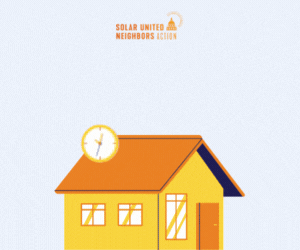This week, U.S. Housing and Urban Development (HUD) Sec. Ben Carson announced two Florida cities would be getting $132,000 “to help get public housing residents on the road to self-sufficiency.”
Carson announced the funds would be going to the Homestead’s and New Smyrna Beach’s Housing Authorities. The funds are part of $1.2 million being used across the nation for “new participating public housing authorities across the country to help families living in public housing become self-sufficient.”
Homestead will get $63,036 while HUD is sending $69,380 to New Smyrna Beach.
Carson weighed in on the funds on Thursday.
“Helping HUD-assisted families reach their goals is a part of our core mission here at HUD,” said Carson. “We are proud to work with our local partners to help families in their communities become self-sufficient by connecting them to educational training, job opportunities, child-care and other resources.”
“These grants renew HUD’s support of public housing authorities through the Department’s Family Self-Sufficiency (FSS) program. HUD’s FSS program helps local public housing authorities hire service coordinators who work directly with residents to connect them with programs and services that already exist in the local community. The FSS program encourages innovative strategies that link housing assistance with a broad spectrum of services that will enable participating families to find jobs, increase earned income, reduce or eliminate the need for rental and/or welfare assistance, and make progress toward achieving economic independence and housing self-sufficiency,” HUD noted.
“FSS participants sign a five-year contract that requires the head of the household to obtain employment and that no member of the household will receive certain types of public assistance at the end of the five-year term. These families have an interest-bearing escrow account established for them. The amount credited to the family’s escrow account is based on increases in the family’s earned income during the term of the FSS contract. If the family successfully completes its FSS contract, the family receives the escrow funds that it can use for any purpose, including debt reduction to improve credit scores, educational expenses, or a down payment on a home,” HUD continued. The average household income of FSS participants nearly tripled during their time in the program, from $10,000 at the time of entry to more than $27,000 upon program completion.”











